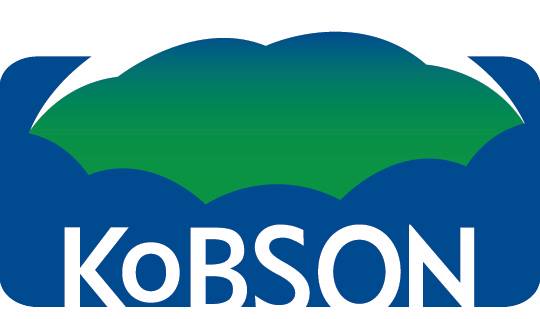DOI: 10.5937/jaes0-38214
This is an open access article distributed under the CC BY 4.0

Volume 21 article 1051 pages: 70-75
The article considers the problem of increasing productivity in harvesting, algorithm for the formation of individual educational trajectories for training operators of logging machines is proposed and the detailed experimental results on practical implementation of developed algorithm are given. The experimental results are checked, verified and efficiency of developed algorithm is proved via various criteria.
The results of this study were obtained with the support by Russian Science Foundation of Grant No. 22-29-01576 «Methodology for designing intelligent assessment tools, monitoring and managing the quality of work of forest machine operators».
1. Wenhold, R., Ackerman, P., Ackerman, S., Gagliardi, K. (2020) Skills development of mechanized softwood sawtimber cut-to-length harvester operators on the Highveld of South Africa. International Journal of Forest Engineering, vol. 31. no. 1, 9-18, DOI: 10.1080/14942119.2019.1578561.
2. Strubergs, A., Lazdins, A., Sisenis, L. (2022) Use of CTL harvester. hpr and. mom files to analyze impact of operator training on productivity. Engineering for rural development, 432-437.
3. Ovaskainen, H. (2009). Timber harvester operators’ working technique in first thinning and the importance of cognitive abilities on work productivity. Dissertationes Forestales, 2009. p. 62.
4. Kariniemi, A. (2006) Kuljettajakeskeisen hakkuukonetyön malli – työn suorituksen kognitiivinen tarkastelu (Operator-specific model for mechanical harvesting – cognitive approach to work performance). Helsingin yliopiston metsävarojen käytön laitoksen julkaisuja. Yliopistopaino, Helsinki. 126 p.
5. Steshina, L., Petukhov, I., Tanryerdiev, I., Kurasov, P., Glazyrin, A. (2020) А new method of personalized training of logging machine operators. WSEAS Transac-tions on Systems and Control, vol. 15, 113-119.
6. Schwegman, K., Spinelli, R., Magagnotti, N., Ramantswana, M., McEwan, A. (2021) Selecting successful harvester operators through aptitude tests and demographics. Australian Forestry, vol. 84, no.1, 25-32, DOI: 10.1080/00049158.2020.1837492.
7. Chernykh, D., Gorokhova, R., Nikitin, P. (2021) The Development of an Intelligent Simulator System for Psychophysiological Diagnostics of Trainees on the Basis of Virtual Reality. Editors: Sukhomlin V., Zubareva E., Modern Information Technology and IT Education. Springer International Publishing, NYC, 203-214, DOI: 10.1007/978-3-030-78273-3_20.
8. Petukhov, I., Steshina, L., Glazyrin, A. (2018) Application of virtual environments in training of ergatic system operators. Journal of Applied Engineering Science, vol. 16, no. 3, 398-403. DOI:10.5937/jaes16-17382.







